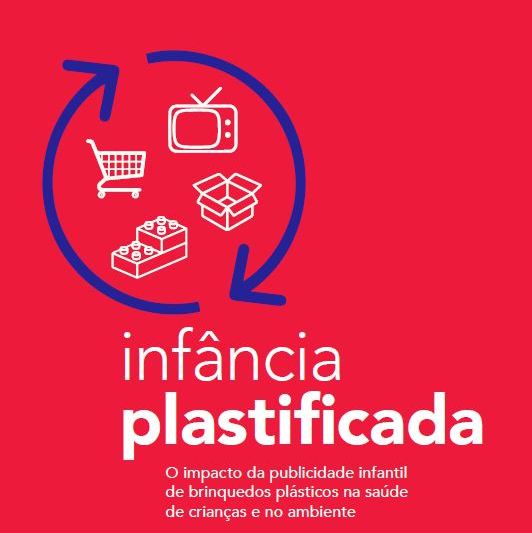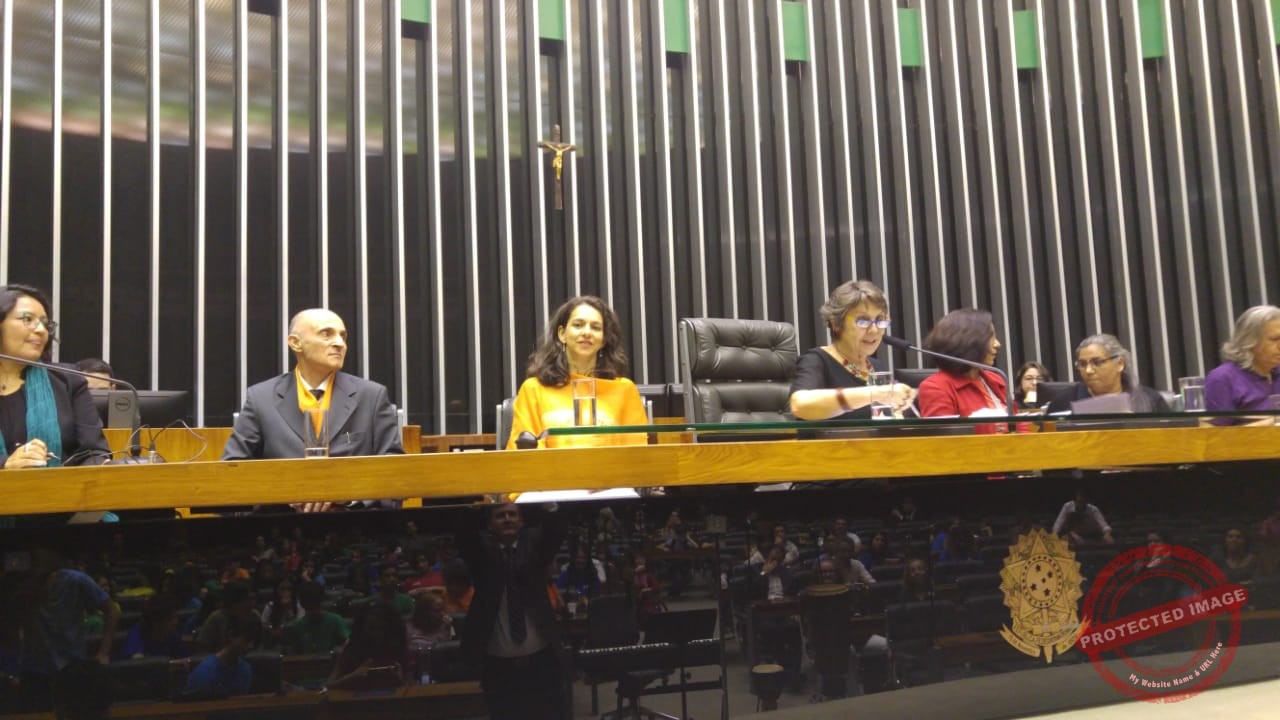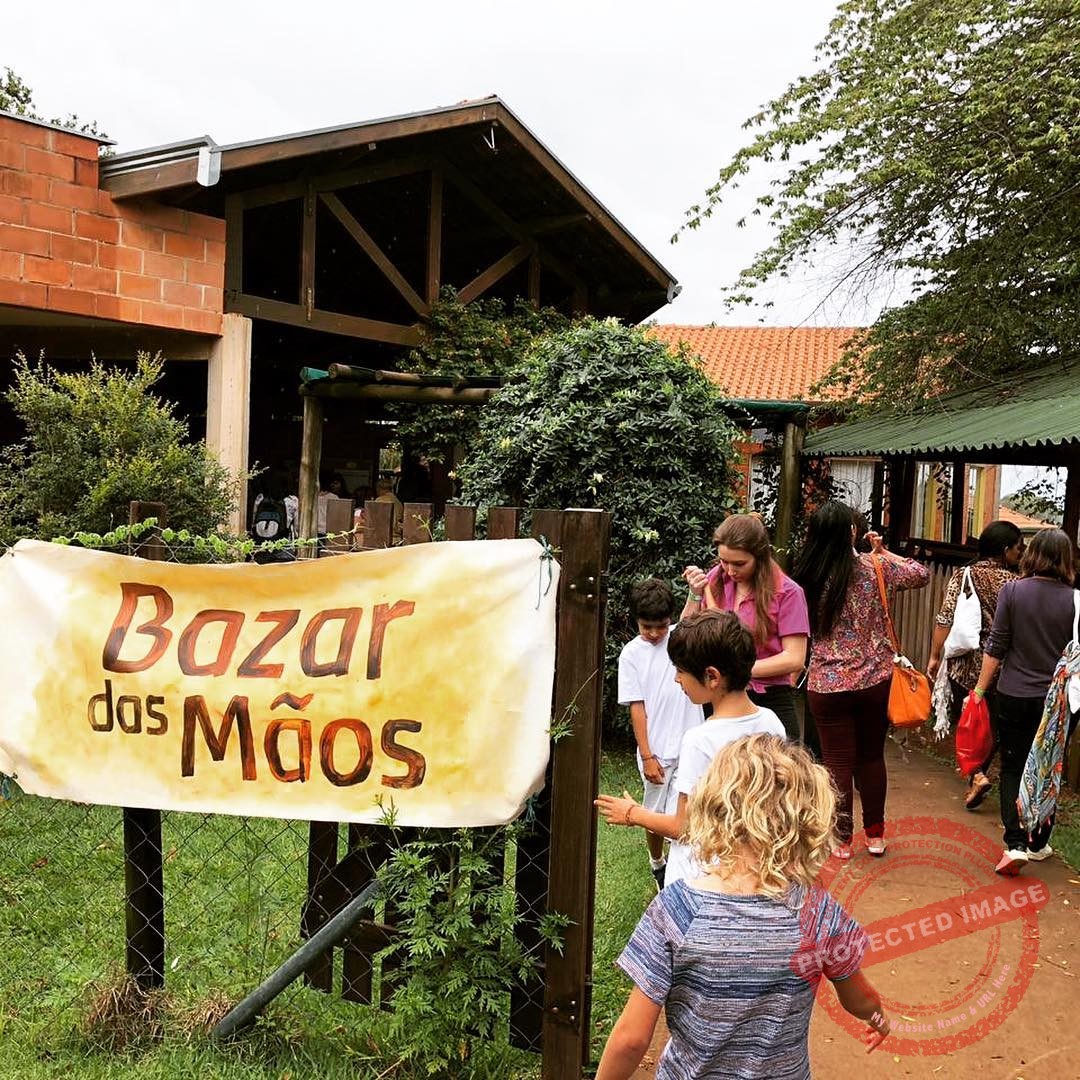[print-me target="body"]
Waldorf Pedagogical Movement International Forum – Waldorf Teachers Circle
The media have always contributed to the formation of human thoughts and culture. Media education in the form of spoken and written language, as well as mathematical lines of thought (algorithms) have traditionally been a fundamental element in school education. Nowadays, our daily life is permeated and shaped by digital technologies, which has brought new challenges for society, especially for pedagogy and education. However, economic interests threaten to unilaterally dominate the debate about the type of education that children and adolescents need to live in today's digital world. Only a form of education based on child development will be able to prepare children to use modern media in a creative and efficient way. We therefore call for the creation of basic conditions that allow the following principles to be implemented:
1. Media maturity must be a centrally important educational objective. This maturity can only be achieved through an educational practice aimed at the development of an autonomous personality in each child.
2. A responsible media education must cover the opportunities and risks in the use of the media, as well as the respective ethical challenges that this use causes; it must also aim to anchor children in themselves and in the world, in a way so solid that it allows them to learn to use modern media in an autonomous and reflective way.
3. A healthy and sustainable school education should therefore start by promoting a diversified, immediate, direct and individual experience about the world and society, in order to cultivate all the senses.
4. Media education based on child development should start by reinforcing relevant social, communicative and intellectual capacities in children (indirect media education), leading at a later stage to skills and competences in the use of media (direct media education).
5. An educational curriculum for media based on children's developmental tasks, both at the education and elementary school levels, should thus emphasize for children the real fundamental experiences, and the mastery of analogue media, such as the ability to handwriting. The later school years will be based on this foundation of active work with the media through digital devices, encouraging a conscious use of the media based on self-reflection.
6. Kindergartens and schools must be able to decide, with maximum autonomy, the structure and implementation of their educational programs involving the media. We must therefore ensure that educational institutions have the right and opportunity to work, in the early years of school, only with analogue media. From high school onwards, schools should receive subsidies for technical equipment, in order to provide modern communication media and introduce the use of media that support educational processes.
7. Education and pedagogy must be at the service of individualization/personalization. Economic and commercial interests should not determine the education system.
8. Digital civilization brings with it new challenges for the protection of freedom and personal dignity. From high school onwards, students should begin to learn how algorithms work, how data protection is carried out, what the rights to use intellectual property are and the risks of improper commercial manipulation, especially when data, information and images are revealed. personal data, and how to practice respect for the dignity and privacy of others.
9. Modern media provide new forms of communication, creative and artistic opportunities, and entrepreneurial initiatives. With the help of projects in which students can experiment and evaluate their creative ideas, both individually and as a team, schools must provide instruction in this type of productive use of media in a way that goes beyond simply searching for sources and information exchange.
10. Modern media raise ethical and epistemic questions about a variety of topics: the meaning of human encounters, the concrete relationship to our environment, the relationship between simple statements or judgments and actual facts, the dimension of personal responsibility, the question of transhumanism, the protection of individuals' privacy and decision-making faculty, and the question of the freedom of any individual to decide for himself to what extent he wants to participate in digital civilization. Consequently, at the high school level the use of media must be accompanied by an awareness of the opportunities and risks that digitization can unleash in all areas of life in our civilization at a meta-level.
Source: Federation of Waldorf Schools in Brazil
featured image: Students of the Municipal Community School of Vale de Luz – school collection
***







